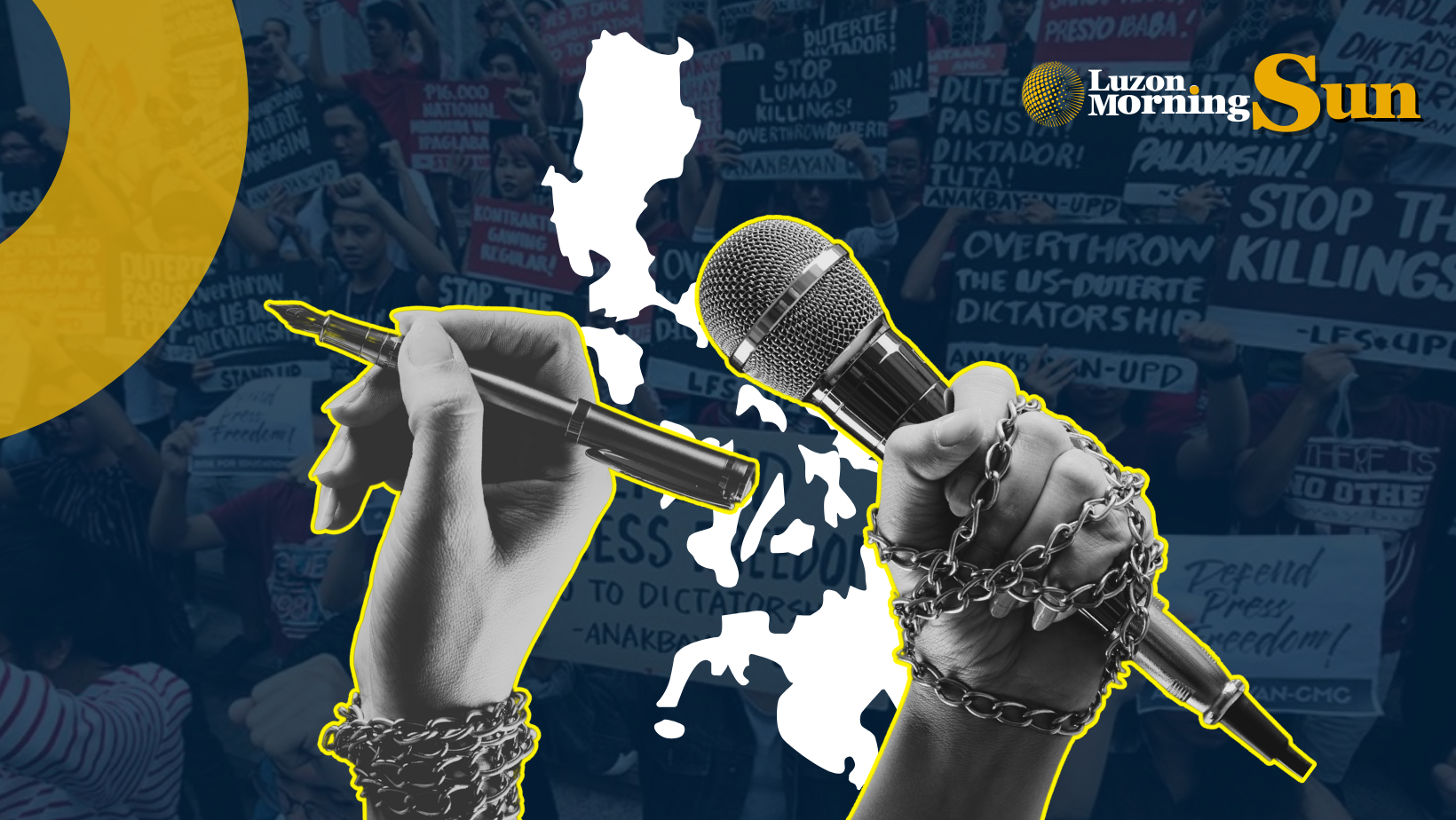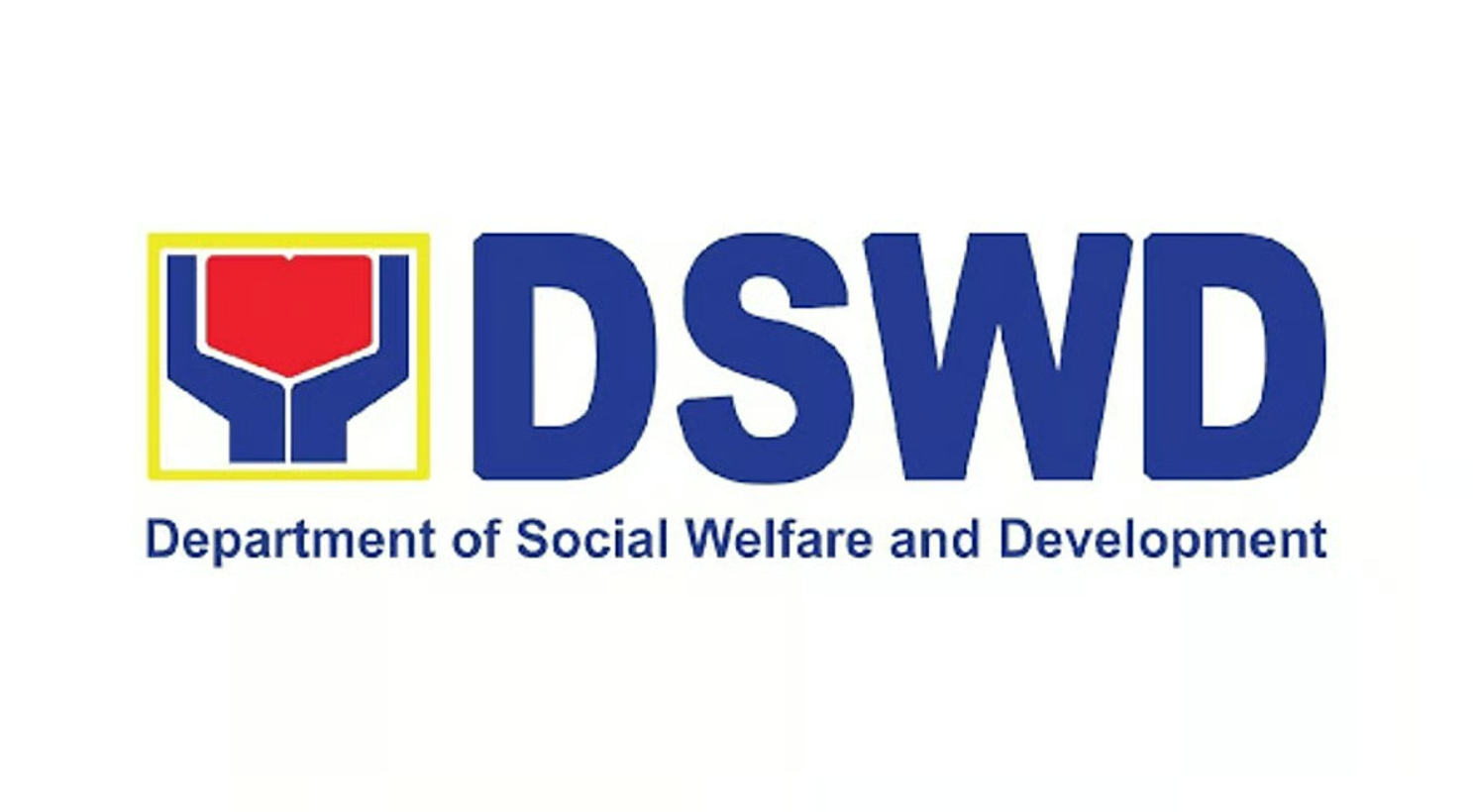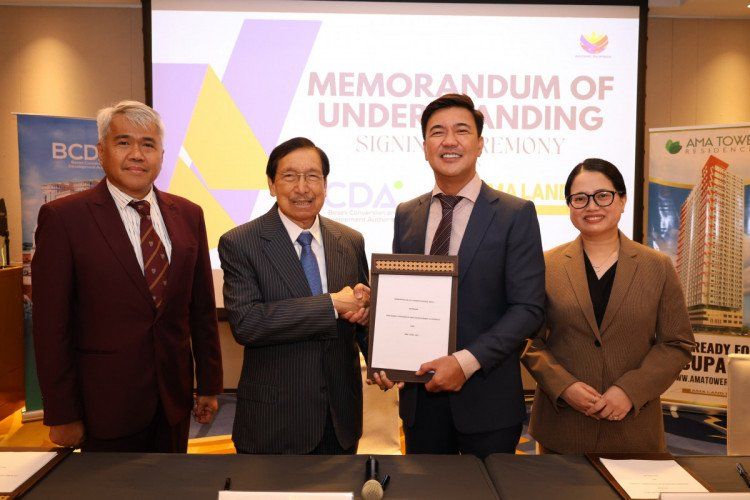‘PH’s press freedom ranking climb vs better conditions for media workers’
Art Dumlao — May 3, 2025
‘PH’s press freedom ranking climb vs better conditions for media workers’

BAGUIO CITY (May 3, 2025) -- National Union of Journalists of the Philippines (NUJP) claimed the climb of the country’s ranking from 116th on the 2025 World Press Index as compiled by Reporters Without Borders from 134th in 2024 meant no better conditions for Filipino media workers.
“While the Philippines has climbed to it has also acknowledged that the press remains challenged and that the higher rank is in part because of a global decline in press freedom,” it pointed out, adding, “on the ground, this does not mean better conditions for ordinary media workers, and even a plurality of reliable sources of information for the public.”
It specifically cited change in ownership of the national daily Philippine Daily Inquirer — framed as integration, the NUJP said, “will mean job losses at the country’s newspaper of record.” Although management has said publication of the paper will continue, a newspaper is more than just a printing press and paper, it said.
Potential job cuts will also mean a loss of institutional memory and years upon years of collective journalism experience that have helped define PDI, and have helped shape the country’s history, NUJP added.
While noting that management has promised those affected will receive proper compensation, “these benefits are not boons bestowed by the company but gains won by its employees and their union over the years.”
NUJP added that the killing of veteran journalist and publisher Johnny Dayang, whose murder in his home in Kalibo, Aklan on April 29 broke a period of more than a year without a work-related media killing, is shocking.
According to NUJP, Dayang’s killing is among the 177 press freedom attacks and violations that it has documented since the beginning of the Ferdinand Marcos Jr. presidency. The continued detention of community journalist Frenchie Mae Cumpio is a blot on the record of this administration, it pointed out.
Recent incidents show that our struggle for press freedom, media safety, and our sector’s job security and economic rights continues, NUJP said, while calling on media workers “to continue discussing workplace conditions — which include wages, job security as well as safety — organize for mutual aid and for a stronger voice in the newsroom, and to join campaigns on these issues.”
NUJP added, while our jobs require us to observe objectivity, our existence as media workers and as citizens just as equally demand that we take part in the conversations and actions that shape our working environment and our society,” as it called for public support for the profession and the media sector in various ways, because “an independent press requires a supportive community.”
While, REPORTERS SANS FRONTIÈRES / REPORTERS WITHOUT BORDERS (RSF) said press freedom and access to reliable news sources are severely compromised by the predominance of regimes — often authoritarian — that strictly control information, often through economic means in the Asia Pacific region. In many countries, the government has a tight grip on media ownership, allowing them to interfere in outlets’ editorial choices, it added, citing, “twenty of the region’s 32 countries and territories saw their economic indicators drop in the 2025 World Press Freedom Index.”
According to the RSF, the Asia-Pacific “harbours some of the most advanced states in terms of media control” tagging that in North Korea (ranked 179), the media are allegedly nothing more than propaganda tools entirely subordinate to the country’s totalitarian regime.
While in China (178) and Vietnam (173), outlets are either state-owned or controlled by groups closely tied to the countries’ respective Communist parties, and the only independent reporting comes from freelance journalists who mainly operate underground, working under constant threat and with no financial stability, it said. Foreign outlets can find themselves blacklisted at any given moment, RSF added.
The crackdown on press freedom is spreading across Asia-Pacific, RSF also claimed, further adding, “and is increasingly inspired by the Chinese method of controlling information.” While in Myanmar (169), since the military coup, many of the country’s independent outlets have been dismantled. The few that remain are forced to work underground or from exile and can barely continue operations due to the lack of sustainable revenue, it said.
Crackdowns on press freedom in Cambodia (161) and Hong Kong (140), where the press freedom situation has become “very serious,” have led to newsroom closures, journalists fleeing into exile — often with fragile finances — and pro-government outlets absorbing most media funding, RSF also cited. In Afghanistan (175), at least 12 new media outlets were forced to close in 2024 due to new directives imposed by the Taliban.
Even in the United States, the decision made in March by President Donald Trump led to the suspension of Radio Free Asia's (RFA) shortwave radio programmes in Mandarin, Tibetan and Lao, as well as the furlough of most US-based staff, including at-risk visa holders, potentially turning entire regions into information blackouts, RSF again cited.
In several countries in the Asia-Pacific, RSF also reported, “the concentration of media ownership in the hands of political magnates threatens media plurality” citing that in India (151), Indonesia (127) and Malaysia (88), a handful of politically connected conglomerates control most media groups.
While in Thailand (85), the major media groups maintain close ties with the military or royal elite, who directly influence their content, RSF claimed, further citing similarity in Mongolia (102) where “influential individuals from the business world, who are often close to those in power, own a dominant share of the media landscape and use it to promote their political and economic interests.” In Pakistan (158) also, said RSF, “the authorities threaten independent outlets with the cancellation of government advertising contracts”.
RSF also noted a trend where independent outlets in established democracies “have also fallen prey to economic pressure”, citing that in Taiwan (24), a rare case of government pressure affected the English-speaking public broadcaster TaiwanPlus, whose funding was also significantly reduced by Parliament, which is controlled by opposition parties. Also in Australia (29), the media market’s heavy concentration limits the diversity of voices represented in the news, while independent outlets struggle to find a sustainable economic model.




